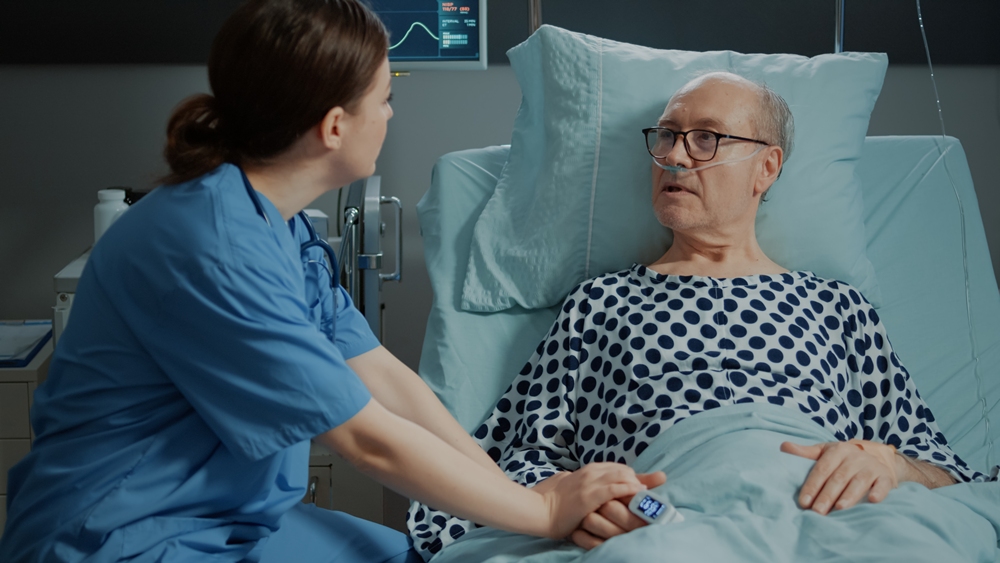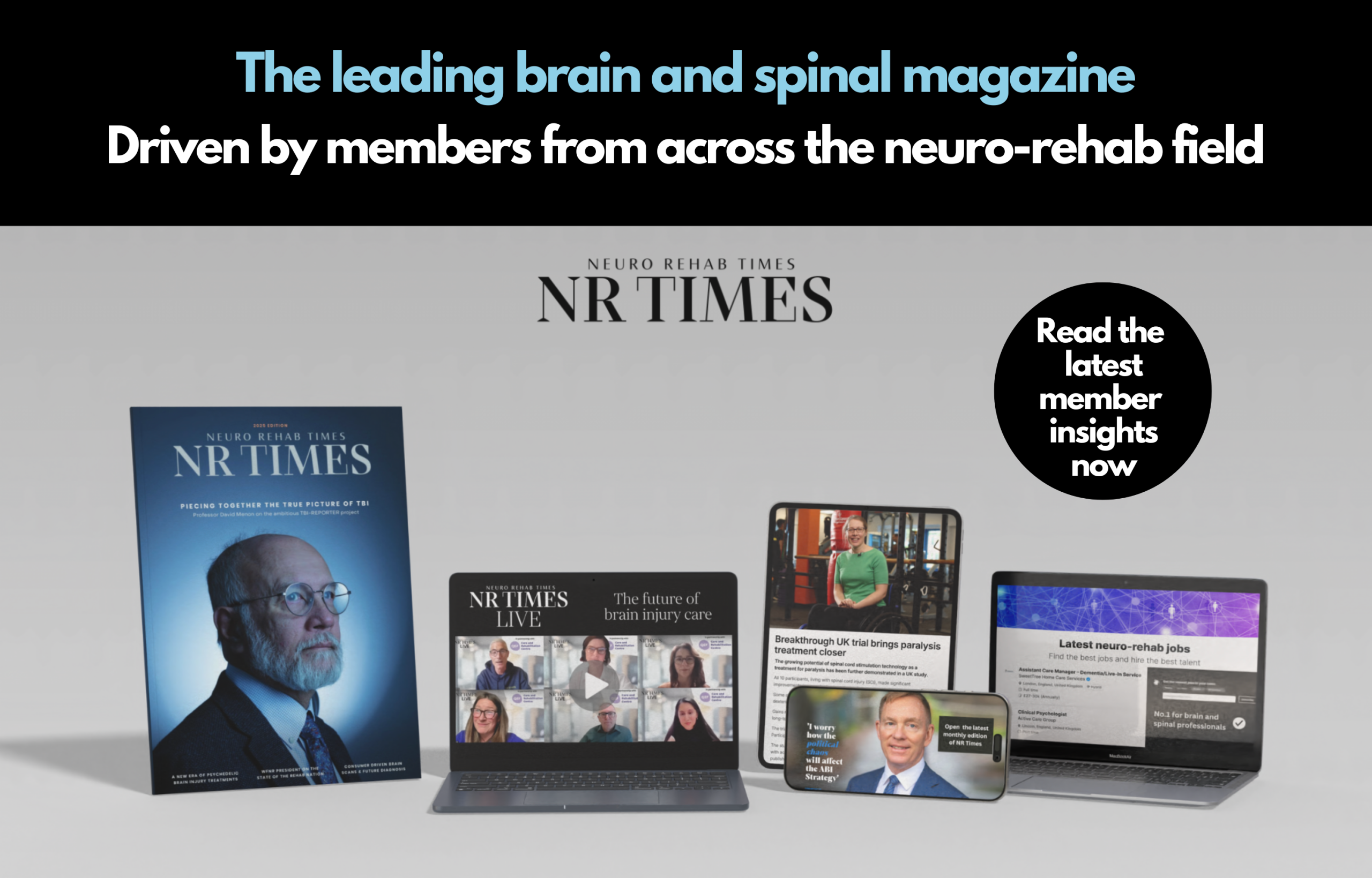Experts call for tailored MS care in older adults

Experts are urging tailored strategies to improve diagnosis, treatment and monitoring for older people with multiple sclerosis as care gaps continue.
As more people with MS live longer, age-related biological changes increasingly complicate how the condition is diagnosed and managed – yet no universal framework currently addresses these challenges.
More than half of people with MS – a neurodegenerative condition affecting the brain and spinal cord – are now aged 50 or older, creating new care complexities that lack consensus guidelines.
The International Advisory Committee on Clinical Trials in MS convened a workshop with clinicians, people with MS, and advocacy group representatives to explore these gaps.
Researchers wrote: “As the global population of people with MS ages, the clinical management of people with MS [50 years or older] requires urgent refinement.
“To address these challenges, collaborative research, inclusive trial design and patient-centred care models must be prioritised.”
The committee’s report highlights how normal ageing interacts with MS at a biological level, impacting both diagnosis and treatment in older adults.
Diagnosing MS in this group can be difficult, as the disease often presents differently with age.
Older people are more likely to develop progressive forms, while coexisting health conditions can complicate or obscure the clinical picture.
Monitoring disease progression also poses new difficulties. Ageing itself alters results from MRI scans, clinical exams and lab-based biomarkers typically used to assess MS.
“Existing diagnostic tools, biomarkers and outcome measures often fail to capture the complexity of MS in older adults,” the group wrote, calling for new research to develop better tools.
Treatment approaches also need revision. Clinical trials of disease-modifying therapies (DMTs) – drugs that can slow MS progression – have often excluded older people and those with comorbidities, limiting data on safety and effectiveness for these groups.
Many DMTs act on a type of inflammation that may be less pronounced in older individuals due to changes in the immune system.
There is also limited evidence on when to switch or discontinue treatment in this population.
The report calls for more inclusive clinical trial designs that do not exclude people based on age or health conditions.
Registries and observational studies could also help provide real-world evidence.
Access to care is another issue.
Older people with more severe disability often require more social support than younger patients, with added challenges for people from racial and ethnic minority backgrounds.
The researchers wrote: “These contextual factors must be considered to enable development of effective management strategies.
“Patient empowerment through effective communication, engagement and access to resources is an important element of management.”
The group outlined a series of recommendations across research, clinical care and awareness to improve outcomes for older people with MS.
Some changes, such as improving awareness and access to patient resources, could be implemented quickly.
Others, such as adapting clinical trial protocols, will require more time.
The authors proposed forming task groups, developed in collaboration with older adults with MS, to help achieve these goals.
“This Consensus statement offers expert-driven recommendations to guide the next phase of research and practice to improve outcomes for older people with MS,” the team wrote.











